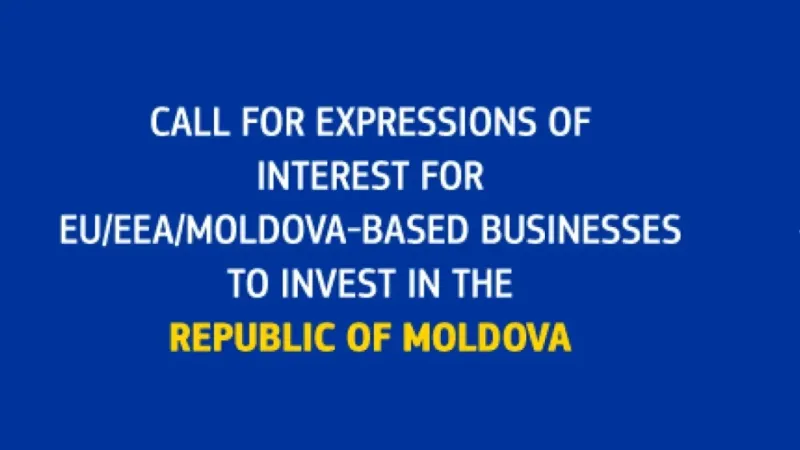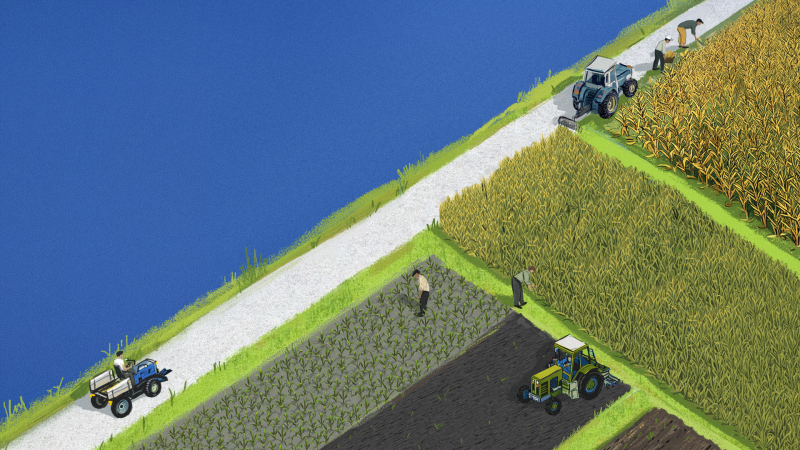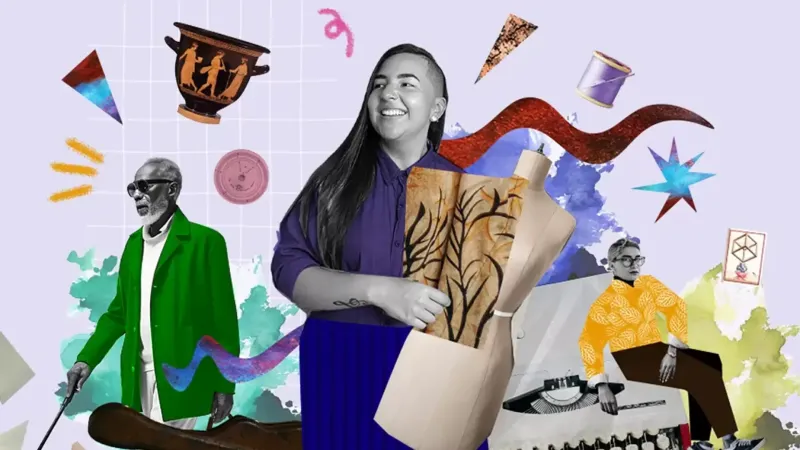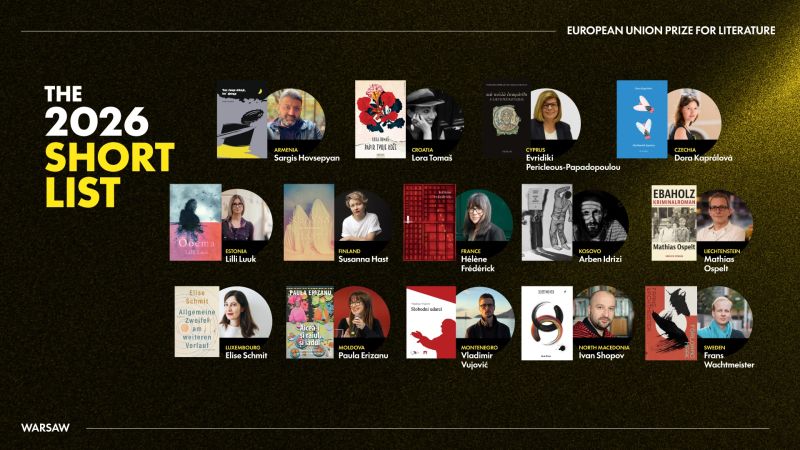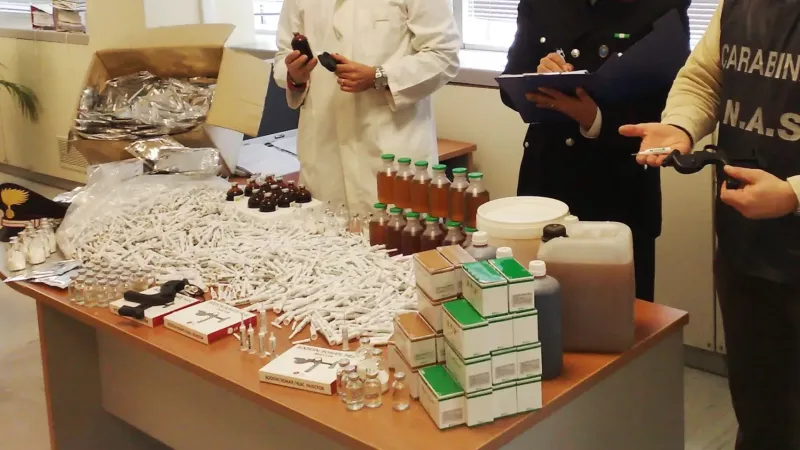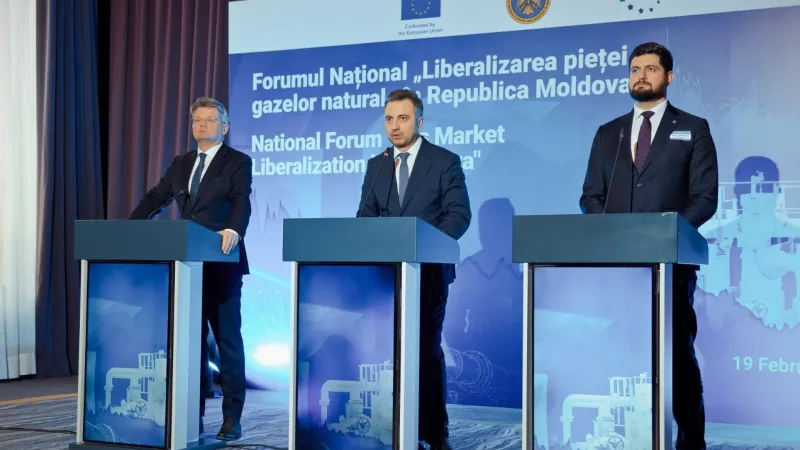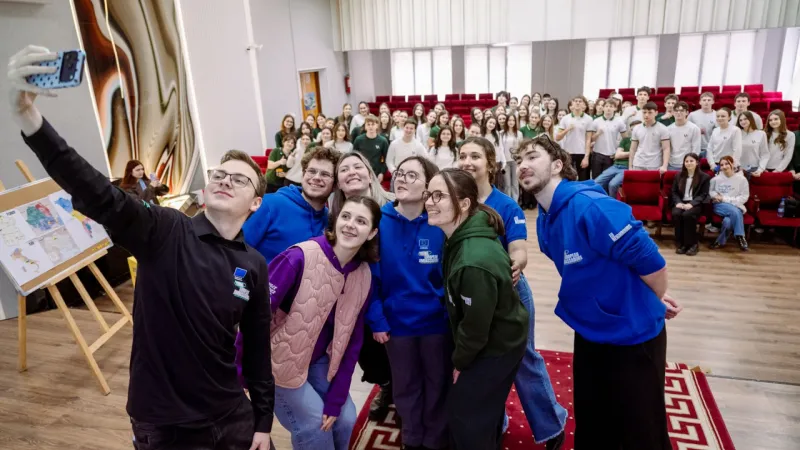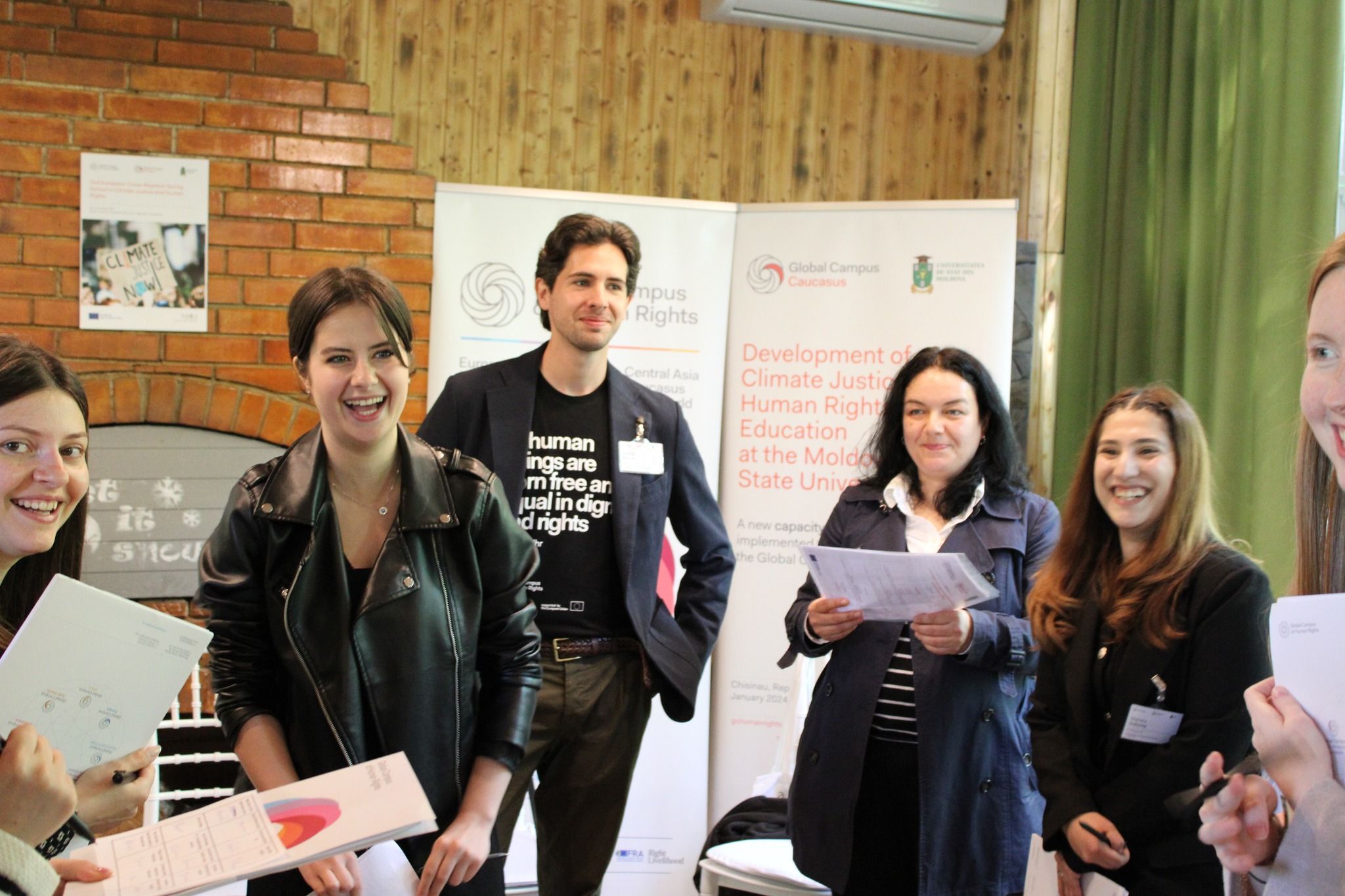
The European Cross-Regional Spring School on Climate Justice & Human Rights was held in Orhei
The second edition of the European Cross-Regional Spring School on Climate Justice and Human Rights was successfully held in Orhei from May 5 to 11, reinforcing Moldova’s growing role in the regional discourse on the promotion and protection of environmental rights and sustainable development.
Jointly organized by the Global Campus of Human Rights and its youngest member, the Moldova State University (MSU), with the support of the European Union, the Spring School brought together students, human rights defenders, and civil society workers from Moldova and across the EU neighbourhood and enlargement regions.
Held in the serene setting of the Codru Tourism Complex, the School gathered 22 highly motivated participants for an intensive week of interdisciplinary learning and exchange under the coordination of the GC Capacity Developments Department’s team, Adriano Remiddi, Vukasin Pajovic and Larisa Barbu. This year’s edition saw a notable increase in the number of Moldovan participants, as well as the growing involvement of local academics and experts, reflecting a strengthened interest and commitment to human rights education in the country.
The programme featured a balanced blend of international and national expertise. GC affiliated lecturers such as Zoi Aliozi, Pim Martens, Samentha Goethals, Alma Midžić, Marina Shupac teamed up with MSU’s scholars Rodica Iordanov, Irina Punga, Doina Cuciurca, Daniela Elenciuc, and Steliana Clapco.
While core academic sessions explored critical themes such as climate justice foundations, planetary health, ecocide, and business responsibilities in environmental governance, the School adopted a strong experiential approach, integrating simulation exercises, case-study group work, and a participatory Climate Fresk workshop involving both international and MSU faculty.
A special session co-organized with the EU Delegation to the Republic of Moldova focused on the country’s climate policies in the context of EU accession, featuring invited guests from the Ministry of Environment, the EU Delegation, and civil society. These experts engaged in meaningful dialogue with participants, offering insights into national policy directions and challenges on the path toward a green transition.
In addition to classroom learning, participants joined a field visit to Orhei National Park, guided by MSU faculty, where they explored local biodiversity and the importance of conservation. The week also included the screening of a documentary on ecocide, followed by a reflective group discussion linking the case to broader human rights implications for the region and beyond.
All participants received a joint certificate of completion issued by the Global Campus, GC Caucasus, and Moldova State University. Several students opted to complete a final written assignment to earn ECTS credits, including those attending as part of their GC Caucasus’s second semester mobility period.
Now in its second year, the Spring School is evolving into a cornerstone activity for academic and civic collaboration for the promotion of human rights and sustainable development in the region. GC, MSU and partners aim to keep developing this initiative as a unique educational incubator that aspires to build long-term impact, foster innovation, and meaningfully contribute to Moldova’s sustainable green transition. This project is part of the GC Capacity Development programme.
